
Anal fissures are small tears in the lining of the anus or in the anal canal. They can occur for a number or reasons, they are usually painful and they often bleed.
Symptoms of anal fissures
One of the most prominent symptoms of anal fissures is pain, which occurs during bowel movement and often persists for some time afterwards, even for hours. These fissures often bleed and there may be blood in the toilet bowl, on the toilet paper and on the surface of the stool. Anal fissures are accompanied by constipation, burning, itching, frequent urge to urinate and discomfort while urinating, as well as a foul-smelling discharge from the anus.
Causes of anal fissures
Anal fissures are often caused by trauma to the anus or the anal canal. The trauma can result from prolonged constipation and very hard and dry stool that is difficult to pass. Diarrhea, especially if prolonged, can also cause them.
Anal sex, inserting objects into anus and stretching often lead to trauma, which leads to anal fissures.
Anal fissures can result from chronic problems with bowel movements, sphincter muscles that are too tight, scarring in the area, and certain medical conditions like Crohn’s disease, ulcerative colitis, leukemia, anal cancer, infectious and sexually transmitted diseases.
Treatment for anal fissures
The treatment for this problem depends on its severity. In some cases the fissures are very deep and numerous and they can only be treated surgically. In any case, it is important to see a doctor, who will inspect the anus and recommend the course of treatment.
The key for curing anal fissures is to prevent constipation and to soften the stool. This will reduce the strain and the trauma to the anus and thus prevent fissures from worsening.
Soaking in a bathtub with warm water or sitz baths also helps, because it relaxes the muscles of the anus.
Petroleum jelly can be used to lubricate the anus and avoiding spending a lot of time on the toilet seat are also recommended. Hydrocortisone creams, medicated ointments, topical muscle relaxants and local anesthetics are also an option.
These methods and remedies should allow anal fissures to heal within a few weeks in most cases, however, if the problem persists, a surgery may be necessary.
The surgery usually consists of making a small incision in the internal sphincter muscle. This will reduce the pain and spasms and allow the fissure to heal. This is done as an outpatient procedure and the recovery time lasts only a few days.





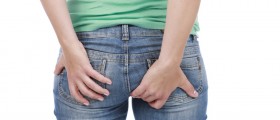


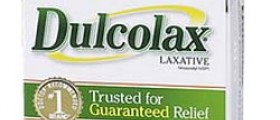
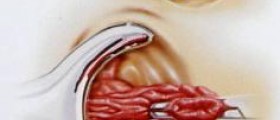


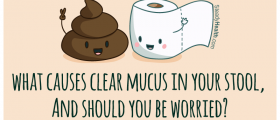



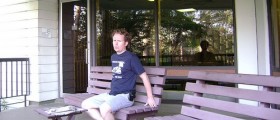
Your thoughts on this
Loading...